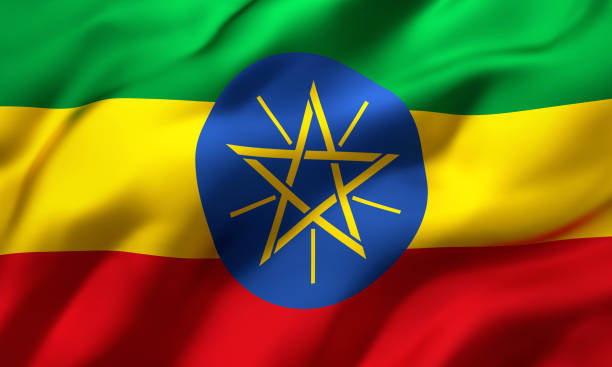
Ethiopia FC
Ethiopia FC stands as a symbol of passion, resilience, and burgeoning football talent in East Africa. Over the past decades, this club has evolved from a local team into a formidable force within regional competitions. As one of the most prominent football clubs in Ethiopia, Ethiopia FC embodies the spirit of the nation’s ambitions on the pitch, showcasing remarkable skills, strategic gameplay, and a dedicated fan base. This article dives deep into the club’s history, current performance, management strategies, youth development programs, and the latest news that is shaping its future.
Historical Background and Evolution of Ethiopia FC
Understanding Ethiopia FC’s journey entails exploring its origins, growth, challenges, and milestones achieved over the years. The club’s rich history reflects the cultural identity and sporting aspirations of Ethiopia, making it not just a football team but an institution in Ethiopian society 188BET.
Origins and Founding Principles
Ethiopia FC was founded in the early 20th century, amidst a period when organized sports were beginning to take root across Africa. Its establishment was driven by passionate local sports enthusiasts who envisioned creating a platform where talent could flourish and unite communities. Initially, the club was known for its grassroots approach, emphasizing discipline, teamwork, and community engagement.
The founding members aimed to build more than just a football team; they sought to foster national pride and promote social cohesion through sport. Their values laid the foundation for what would become a legendary club within Ethiopian football circles. Early matches often drew large crowds, demonstrating the immediate impact the team had on local spectators.
Growth and Development in the Mid-20th Century
Throughout the mid-1900s, Ethiopia FC expanded its reach, attracting talented players from across the country. The club began participating more actively in regional tournaments, gradually earning recognition for its competitive spirit and tactical discipline. During this era, the club developed a distinctive playing style characterized by aggressive offense combined with resilient defense—traits that continue to define Ethiopia FC today.
Significant milestones during this period included winning national championships and gaining regional prominence. These successes helped cement Ethiopia FC’s reputation as a top-tier team and spurred investments in better facilities and youth academies. The club also established rivalries with other leading Ethiopian teams, fueling local passions and intensifying competition.
Challenges and Resilience in the Modern Era
Like many historic clubs, Ethiopia FC faced hurdles such as financial constraints, organizational restructuring, and fluctuating player performances. Political and economic changes in Ethiopia also impacted the club’s operational stability. Despite these obstacles, the club demonstrated resilience through strategic leadership, community support, and continuous talent scouting.
In recent decades, Ethiopia FC has navigated the complexities of professional football, adapting to modern training methods, digital marketing, and international scouting networks. The club’s ability to maintain competitiveness amid evolving landscapes underlines its enduring legacy and commitment to excellence 188bet com.
Key Achievements and Legacy
Ethiopia FC boasts numerous titles, including multiple national league championships and regional cups. Its legacy is reflected not only in trophies but also in producing some of Ethiopia’s most celebrated footballers who have gone on to shine both domestically and internationally.
The club’s influence extends beyond the pitch; it plays a vital role in nurturing young talents, fostering community spirit, and representing Ethiopian culture globally. As the club continues to evolve, its historical roots serve as a guiding beacon for future generations aiming to elevate Ethiopian football on the world stage.

